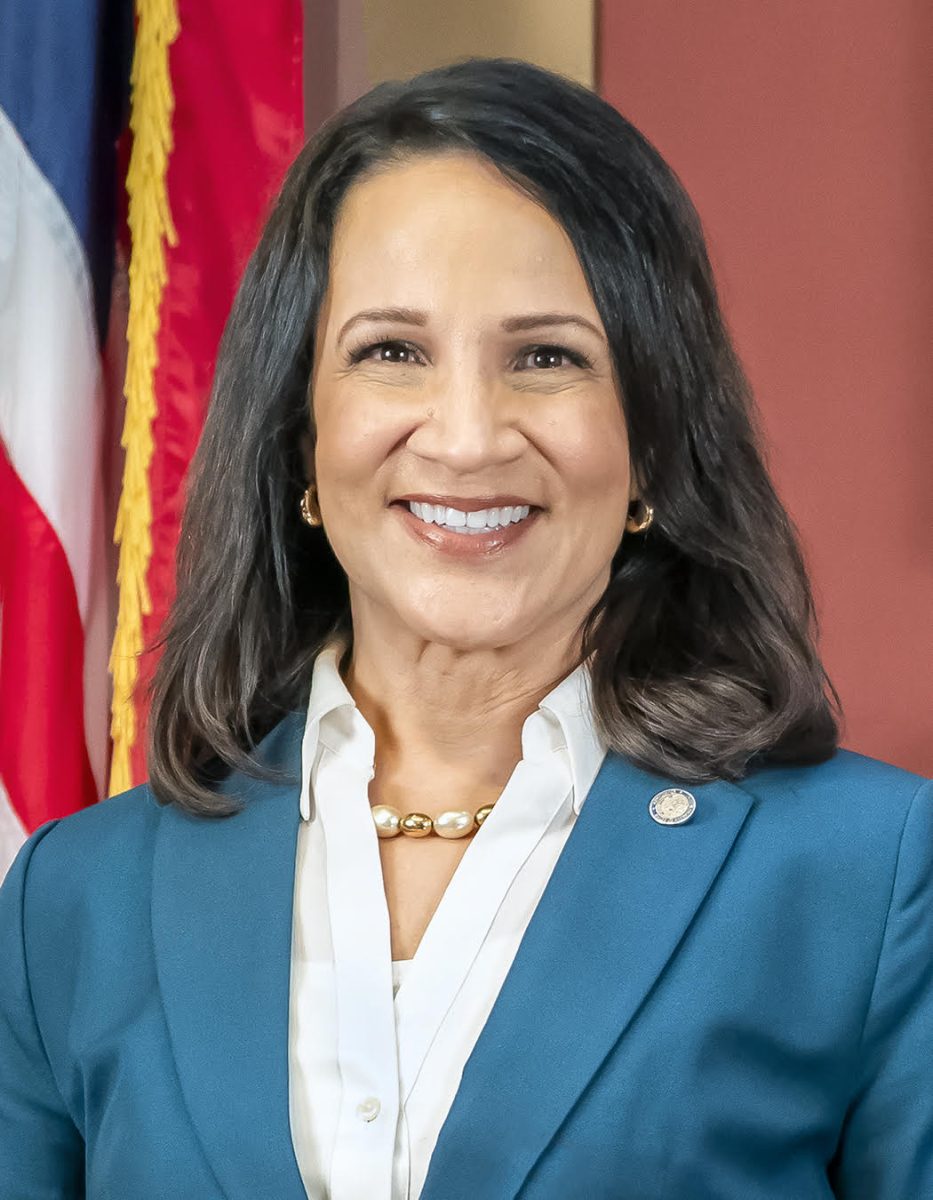Children with autism and their families have a space to play thanks to a growing Minneapolis Parks and Recreation Department program in Cedar-Riverside.
The program, which began in July, is becoming more established as a space for autistic children to play and interact with other kids. The program is the only one in the neighborhood designed for kids with autism, said Brian Coyle Center Director Amano Dube.
Cedar-Riverside resident Zeinab Mohamed’s middle child, 9-year-old Ismael, has autism. The disorder sometimes makes it difficult for him to play with other kids and he is sometimes overwhelmed by crowds, she said.
“Even though we have a park in front of my building, sometimes it’s so crowded in the summertime,” she said. “He would like to play, but he gets overwhelmed and that’s an issue, so we don’t go often to the park.”
Several mothers of special needs children, including Mohamed, wanted to establish a program designed for children with autism, so they met with Sarah Thorsen, the therapeutic recreation and inclusion coordinator at the Minneapolis Park and Recreation Department.
“At first we just sort of threw it together and then it really picked up momentum,” Thorsen said. “It’s been really exciting to watch it grow.”
Last Sunday afternoon, about 10 children attended the program held in the Brian Coyle Center gym. While some ran, jump-roped or played basketball, others sat in one corner, handling an array of sensory items like scented markers, noise-cancelling headphones, sound amplifiers and noise-making objects.
“They’re all meant to either soothe or stimulate your senses, and it’s really the individual’s decision of what they need in that moment,” Thorsen said about the objects.
The set up allows attendees to “get energy out” by playing and then use the sensory objects to calm down if they start feeling overwhelmed, she said.
The program’s structure is still evolving and aims to meet the needs of the kids and their parents.
“We want it to be a time where kids can be kids and moms can chat with one another and just have their own time,” Thorsen said.
Mohamed said misunderstandings about autism persist in the Somali community. When Ismael wants attention or gets overwhelmed, some say he is “spoiled,” she said.
“Our community doesn’t understand special needs,” Mohamed said. “They usually say that he’s spoiled and that he needs to be disciplined, but the child doesn’t understand.”
Dube said that in addition to misunderstandings, some community members believe autism is caused by immunizations.
“There are those narratives out there so the families are concerned about immunizing their kids. There are some families who try to avoid [immunizations] because of that stigma,” he said.
The program gives kids with autism a space to play like other kids in the neighborhood, Mohamed said.
“There are a lot of programs in the neighborhood for kids in our community. They have basketball, they have soccer programs but there’s nothing for special needs,” she said. “To have some activity for special needs kids is very important because they are also human and they need to be active and to have some fun.”














